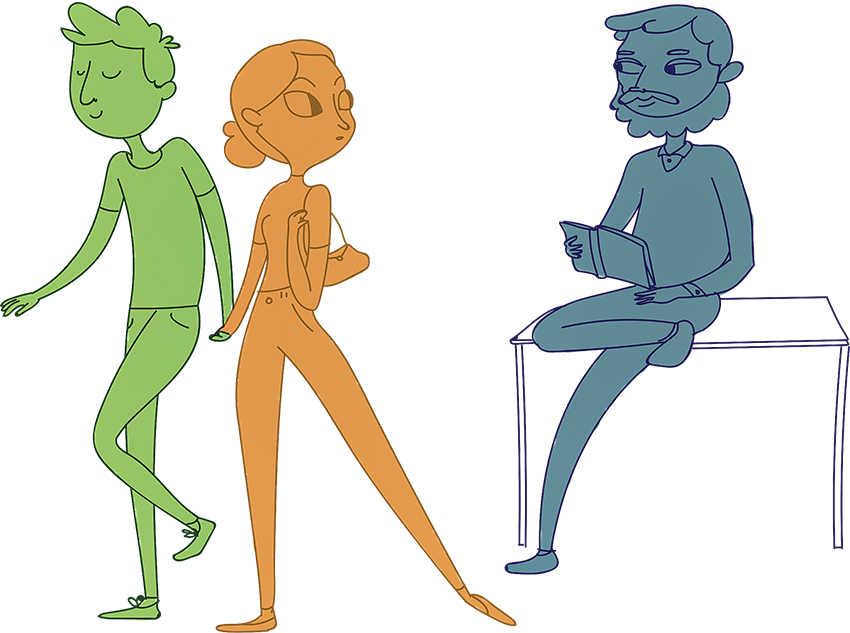Living happily ever after with Prince Charming is easy — as long as he’s the most charming prince around.
Daniel Conroy-Beam, recent UT graduate and current assistant professor at the University of California Santa Barbara, led a psychology study while at UT that suggests long-term relationship satisfaction doesn’t depend on whether a partner is a great match, but instead on whether he or she is the best partner available in the dating pool.
The study aimed to determine and test factors that contribute to relationship satisfaction.
“It’s common intuition that if we get what we ideally want, we’ll be satisfied; if we don’t, we won’t,” Beam said. “People have proposed that this is how relationship satisfaction works, but we didn’t think that made much sense. There is little point in abandoning your partner for not matching your ideals if there aren’t better alternative partners available to you.”
That was the motivation for this study, which sought to find factors beyond preference matching to predict relationship satisfaction. The researchers found that whether or not a person’s partner matched their idea of the perfect mate was not the primary factor.
The study consisted of three sub-studies, each of which surveyed around 300 people over a spectrum of ages, genders and relationship lengths. Some of the participants were married and some were dating.
Participants were asked to rate the importance of 23 traits in their “ideal mate” and the extent to which they felt each trait described both their actual partner and themselves. They were also asked questions regarding the level of satisfaction in their relationship.
Researchers used these responses to calculate participants’ and partners’ “mate values,” which can be thought of as a measure of desirability within the dating pool. Those with traits that most people consider ideal were assigned a higher mate value.
Cari Goetz, co-author of the study and assistant professor at California State University San Bernardino, said the researchers then used the mate value to assess mate value differences, or the difference between how well your partner matches your preferences and how well potential mates match your preferences.
“We demonstrate that this new method of assessing mate value and mate value differences is predictive of relationship satisfaction,” Goetz said.
In most relationships, one person’s mate value is higher than their partner’s. This changes the dynamic of the relationship, according to the study.
“We found that if you are higher in mate value than your partner, your satisfaction decreases as there are more potential mates in the mating pool that are a better fit with your preferences than your partner is,” Goetz said.
Those with mate values lower than their partner’s are more satisfied in their relationships. The study offered one possible reason: these people may have fewer alternatives in the dating pool.
The study also found that mate value differences and relationship satisfaction could be observed in participants’ behavior. People who were more satisfied in their relationships were also found to engage in more mate retention behavior, or behaviors aimed at keeping a partner from leaving.
“We found that a decrease in relationship satisfaction was related to a decrease in mate retention behavior,” Goetz said.
The research results suggest the most satisfying relationship would be one in which the two partners are close in mate value or one in which there aren’t many better options.
“But unfortunately those relationships are not always easy to find,” Conroy-Beam said.















